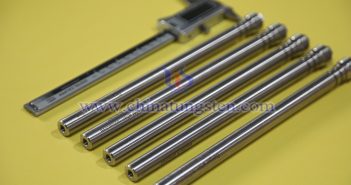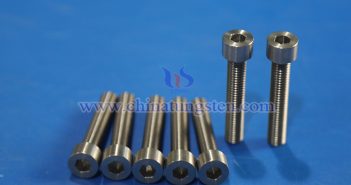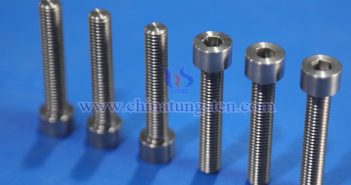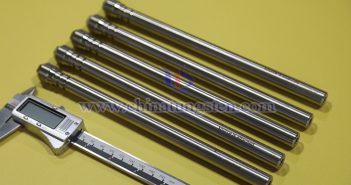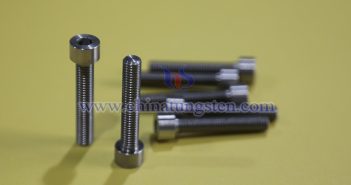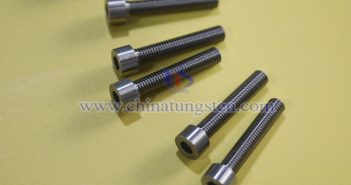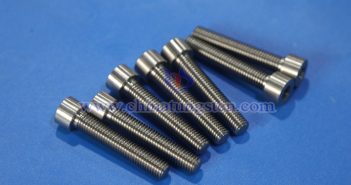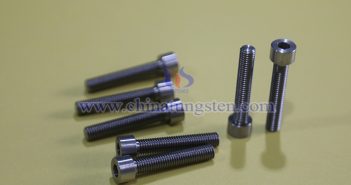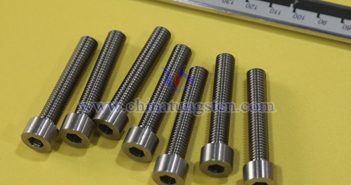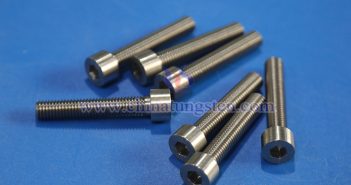
Tungsten alloy fasteners, with their high strength, high-temperature resistance, and corrosion resistance, play a crucial role in high-demand fields such as aerospace, nuclear industry, and precision machinery. Different application scenarios impose varied performance requirements on fasteners, and through customized design and process optimization, tungsten alloy fasteners are tailored to specific conditions, ensuring system reliability and safety. Based on different application fields, tungsten alloy fasteners can be classified into turbine blade-specific screws, spacecraft structural bolts, and nuclear fuel assembly fixing screws.…

